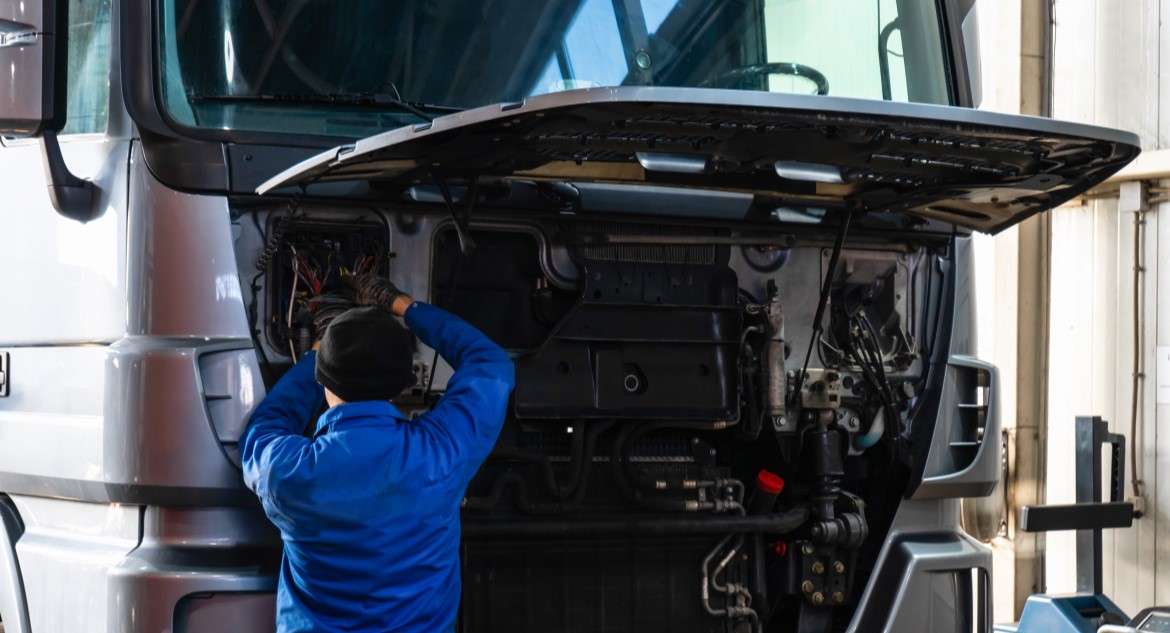01/03/2023 News
Oils & Lubricants Expert Q&A: TotalEnergies features in Truck & Track

TotalEnergies has been featured in the Spring 2023 issue of Truck & Track, discussing how new technology and materials can improve efficiency, deliver sustainability and drive the sector forward.
Tom Hyde points out how innovations in engine oils and lubricants in recent years – particularly through products such as TotalEnergies’ RUBIA TIR 9900 FE 5W-30 – can increase uptime and lower maintenance costs.
The commercial vehicle landscape in the UK is changing – and fast. With the 2050 net zero deadline looming, the UK government is looking to new technology and materials to revolutionise the sector in terms of sustainability and efficiency.
Tom Hyde, Technical Support Manager for TotalEnergies UK, answers three pressing questions on the future of the sector and what these developments mean for manufacturers.
Q: Helping the UK meet its 2050 net zero deadline will be a big priority for all sectors in the coming years, including for HGV manufacturers and operators. What are some of the biggest challenges in moving commercial vehicles away from fossil fuels?
We are at a transformative point in the industry’s history. As of research released last year, HGVs accounted for 19% of road transport emissions in the UK, making reform to this sector a significant piece of the UK’s sustainability puzzle. The move away from fossil fuels for all vehicles, including HGVs, will require new infrastructure, a great deal of investment and the right political structure to make zero-emission transport a reality.
Fundamentally, the UK needs to provide viable and readily available alternatives to traditional fuel sources – and these do exist. Renewable biomethane or hydrogen for example are viable alternatives, and there are projects ongoing to develop a hydrogen ‘ecosystem’ for transportation in Europe, such as TotalEnergies’ partnerships with Daimler Truck AG and Air Liquide. Positively, these fuel sources operate and are refuelled in a similar way to the fossil fuel powered HGVs and vehicles we see today – an added benefit which means that there would be no major alterations to drivers’ working patterns. The difficulty is ensuring these are commercially viable enough to become ubiquitous.
Continue reading here.

